Whether you’re going for a long run, headed to the gym for an intensive strength training session, or hitting the roads with a friend for a bike ride, dialing in your nutrition around your workouts can play a major role in your performance. Carbohydrates are our body’s favorite source for energy. Carbs are stored in the muscle cells as glycogen, which is what provides the quick energy needed for exercise. If you want to perform at your best and recover well, dialing in your nutrition around your workouts can play a major role along with nailing down the basics of sleeping at least 7 hours, eating protein and veggies throughout the day, and managing your stress. Here is what you need to know to enhance your training so you can maximize your results with nutrition. You can’t out train poor nutrition.
Pre-workout
Pre workout nutrition is important to provide fuel so you go into your workout with the tank on full, minimize the muscle breakdown that occurs during your workout, and maximize the training adaptations. You wouldn’t start a road trip with only a quarter tank of gas, why would you start a workout with your internal fuel tank low? Thirty minutes to two hours before your workout eat a meal with protein, carbs, and little to no fat. Choose quick, easily digestible carbs like oatmeal, rice, or potatoes. This will allow for high intensity output and will also support better muscle contractions. This becomes even more crucial as the intensity of your workout increases - especially in leaner athletes. Fuel with 10-15 grams protein 30 minutes before each training session. This is especially important in female athletes. Consuming caffeine an hour before endurance exercise or up to 20 minutes before high-intensity training can be very beneficial because it increases energy and alertness improving athletic performance. Dosing for caffeine is very person dependent, but ranges from 100-500 mg per day. Most commonly, the recommended ranges from 2 to 6 mg of caffeine per kg of body weight each day.
An early morning pre workout snack idea might be a 1/2 scoop of whey isolate protein powder and espresso mixed in water with a rice cake. The caffeine and protein will help boost your training session.
During your workout
If you are doing a short workout, less than an hour - you likely do not need anything besides water. During a longer workout, it is important to have some intake of hydration, carbs, and protein. Intra workout carbs are recommended for those exercising for greater than 60 minutes. Glycogen availability is the single biggest limiting factor for going strong and maintaining your effort and intensity for any type of prolonged exercise. The intra workout carbs help to provide additional glycogen energy and urge your body to continue using the carbs as fuel instead of storing and conserving energy and becoming fatigued.
A range to consider is 0.9-1.13 food calories per pound of body weight per hour running
1.3-1.6 food calories per pound per hour while cycling or participating in another non-jolting sport or approximately 40-50 grams of carbs (ie. rice cakes, protein balls, or dried figs).
These types of food should have a blend of simple sugars. Be aware - The sweetener Fructose has been known to cause GI upset and a bloating feeling. In addition to carbs, it is a great idea to have protein to prevent muscle breakdown.
Seven to ten grams of protein per hour is ideal.
Post-workout
The goal of post workout nutrition is to calm the stress response from training, kick start the recovery process, promote protein synthesis, and avoid a catabolic state. Consuming quick digesting carbs and protein upon completion of training is recommended within two hours and for women specifically, protein should be consumed within 30 minutes.
For the average person, the best option after exercise is 25-30 grams of animal protein (with 5-7 grams of Branched Chain Amino Acids) in a combination of fast-release (whey) and slow-release (casein) protein + 25 grams carbohydrates.
Easily digestible protein and carbs such as chicken, egg whites, fat-free greek yogurt, rice, and potatoes are great options.
At Boulder Sports Chiropractic, our team offers Nutrition Coaching, Chiropractic, Physical Therapy, Massage Therapy, and Strength Training for endurance athletes. We are here to help you perform at your best. Schedule an appointment today by phone or email.
